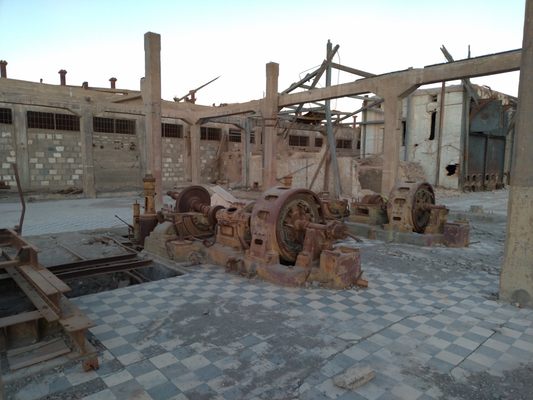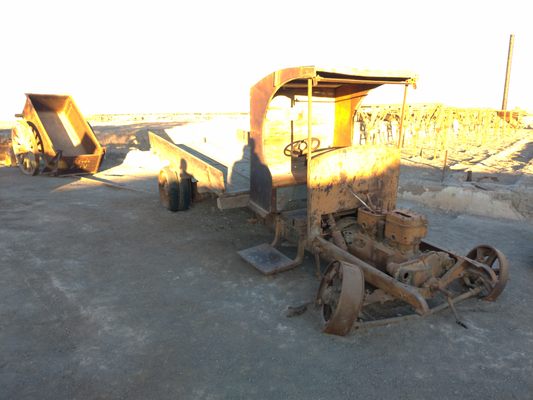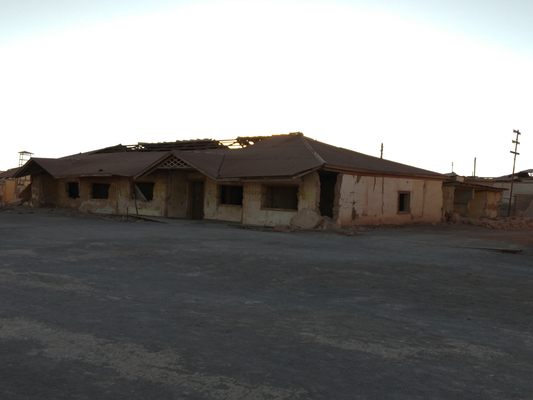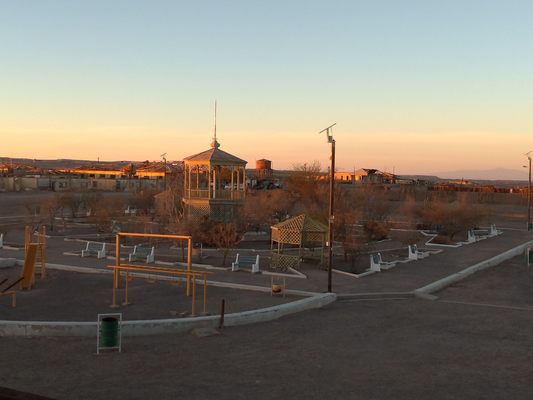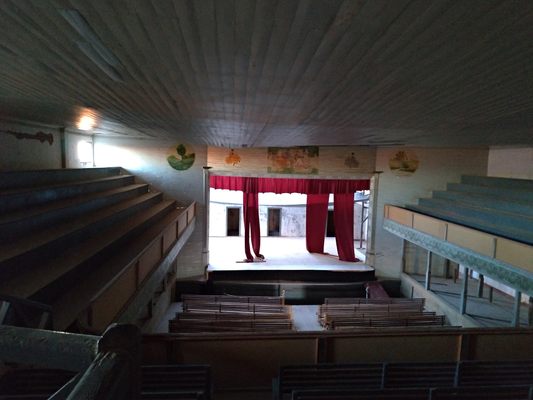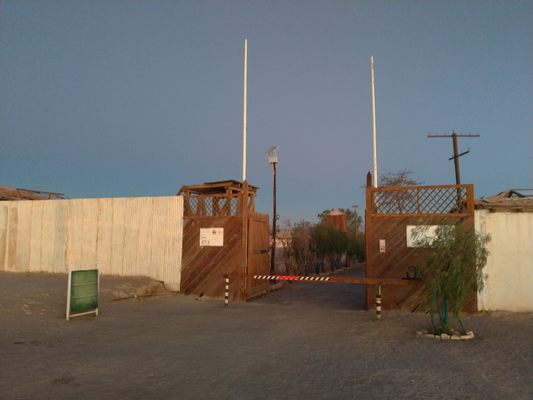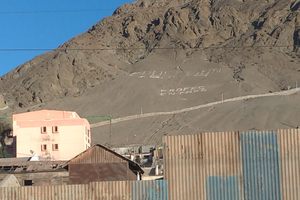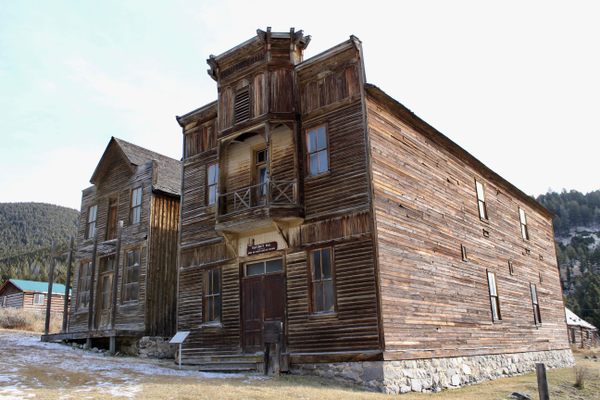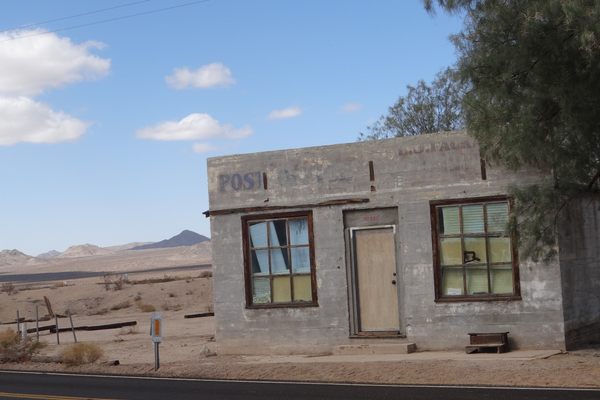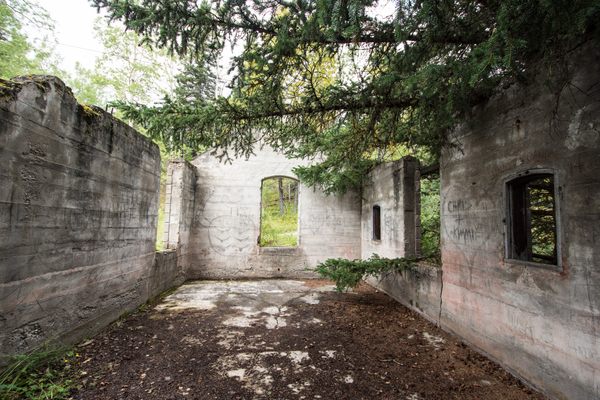About
When driving through Chile, you may notice abandoned buildings lining the more desolate roads. They're the remains of nitrate towns, settlements that cropped up to house the workers who toiled in the mines.
Chacabuco was a nitrate town founded in 1924. It could house 5,000 workers and included facilities like a theater, library, pool, and sports center.
But the town was short-lived. The Great Depression in the United States, as well as Germany's invention of synthetic nitrate, hindered the industry. After the area's mines began closing in the 1930s, the workers began abandoning the town. It then became a time capsule of sorts, though looters did pilfer its materials until the government declared it a national monument and began protecting it in 1971.
The town was soon given a new purpose, thanks to the 1973 Coup d'État made by General Augusto Pinochet. During his regime, Pinochet turned part of the city into a prison and torture camp for male intellectuals who opposed the government. The camp held around 1,800 prisoners during its two-year use, many of whom died there.
After the prison closed, Chacabuco was abandoned once more. It continued to deteriorate until several preservation attempts were made in 1990. A former prisoner of the camp, Roberto Saldívar, chose to return there and live in the camp alone to preserve and protect it. He kept doing this until his death in 2006. After, that Pedro Barreda took over Saldívar's job as caretaker. As of July 2019, he still lives there.
Related Tags
Know Before You Go
The town is just a few minutes off from the route 5 and 25 crossings and is well signposted. You can easily drive to the entrance and park there. It costs entrance 2,000 cpl to enter. Don't drive around the terrain off-road, as there are unexploded mines.
Published
July 23, 2019
